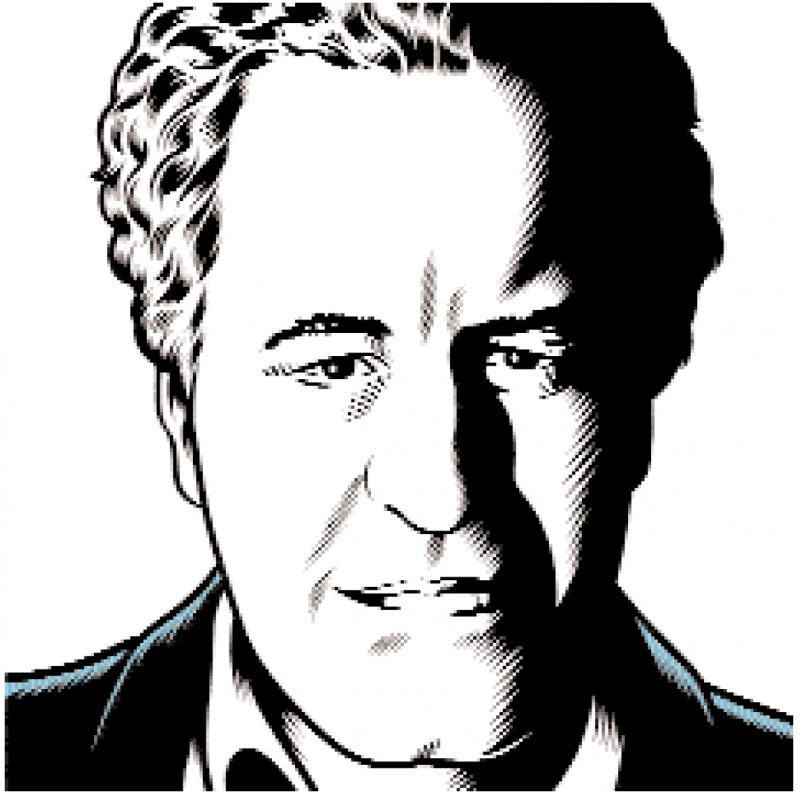There is a long-dead painter who pops up in more than a few of John Banville’s thirteen books, a Nabokovian wink of a character whose name, Jean Vaublin, is roughly anagrammatic with the author’s own, and whose work inspires Banville’s cast of unfortunates to frequent reverie and occasional murder. “He is the master of darkness, as others are of light,” Banville wrote of Vaublin in 1993’s Ghosts. “Even his brightest sunlight seems shadowed, tinged with umber from these thick trees, this ochred ground, these unfathomable spaces leading into night.” It’s hard not to read this as jokey self-portraiture, so apt a description is it of the gloomful world of Banville’s novels, with their less-than-heroically doomed protagonists wriggling desperately about for a glimpse at something that might resemble rest. They sometimes catch it for a moment or two, but more usually the only light to be found is the stuff gleaming through the wit and polish of Banville’s nearly perfect prose. That’s plenty light enough.
In a body of work stretching over thirty years, Banville has taken readers from his early Birchwood, in which a boy runs off with a tattered circus in famine-plagued Ireland; through a trio of historical novels about Copernicus, Kepler, and (sort of) Newton, in which the famed cosmologists do their best to eke a little harmonic order out of a world where it is far from immediately evident; through another triad of books chronicling the repentant flailings of a maid-murderer named Freddie Montgomery; to 2000’s Eclipse, about a defeated actor returned to his childhood home in search for self among “the jumble of discarded masks”; and at last to Shroud, his most recent, about a vicious drunk of an academic superstar with his share of nasty secrets. Banville’s themes are the big ones—the shifting grounds of truth, time, and the ever-shaky self—and he digs at them with doggedness, ambition, and a vocabulary that will bring even the most casual logophiles to their knees in bliss.
This interview took place over two months and two continents (Banville lives in Dublin), and employed two technologies of communication (email and phone).
—Ben Ehrenreich
THE BELIEVER: Do you find that you’re able to like any of your books?
JOHN BANVILLE: No. I hate them all. With a deep, abiding hatred. And embarrassment. I have this fantasy that I’m walking past Brentano’s or wherever and I click my fingers and all my books on the shelves go blank. The covers are still there but all the pages are blank. And then I can start again and get it right. I hate them all. They’re all so far below what I had hoped they...
You have reached your article limit
Sign up for a digital subscription and continue reading all new issues, plus our entire archives, for just $1.50/month.
Already a subscriber? Sign in





